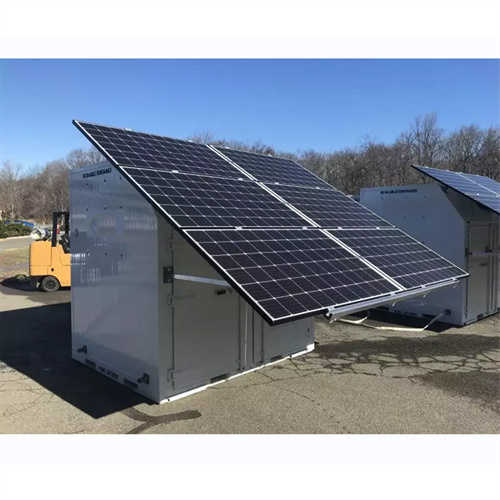About Zinc ion energy storage principle
The zinc ion battery (ZIB) as a promising energy storage device has attracted great attention due to its high safety, low cost, high capacity, and the integrated smart functions. Herein, the working principles of smart responses, smart self-charging, smart electrochromic as well as smart integration of the battery are summarized.
As the photovoltaic (PV) industry continues to evolve, advancements in Zinc ion energy storage principle have become critical to optimizing the utilization of renewable energy sources. From innovative battery technologies to intelligent energy management systems, these solutions are transforming the way we store and distribute solar-generated electricity.
When you're looking for the latest and most efficient Zinc ion energy storage principle for your PV project, our website offers a comprehensive selection of cutting-edge products designed to meet your specific requirements. Whether you're a renewable energy developer, utility company, or commercial enterprise looking to reduce your carbon footprint, we have the solutions to help you harness the full potential of solar energy.
By interacting with our online customer service, you'll gain a deep understanding of the various Zinc ion energy storage principle featured in our extensive catalog, such as high-efficiency storage batteries and intelligent energy management systems, and how they work together to provide a stable and reliable power supply for your PV projects.
Related Contents
- Energy storage zinc battery
- Aqueous zinc energy storage battery technology
- Zinc energy storage field occupancy
- Zinc liquid flow energy storage
- Flexible zinc energy storage production
- Zinc battery large-scale energy storage solution
- Zinc energy storage textile devices
- Water-based zinc battery energy storage
- Zinc battery large-scale energy storage
- Sodium ion energy storage consumes sodium
- Energy storage lithium ion welding machine price
- Sodium ion energy storage enterprise


